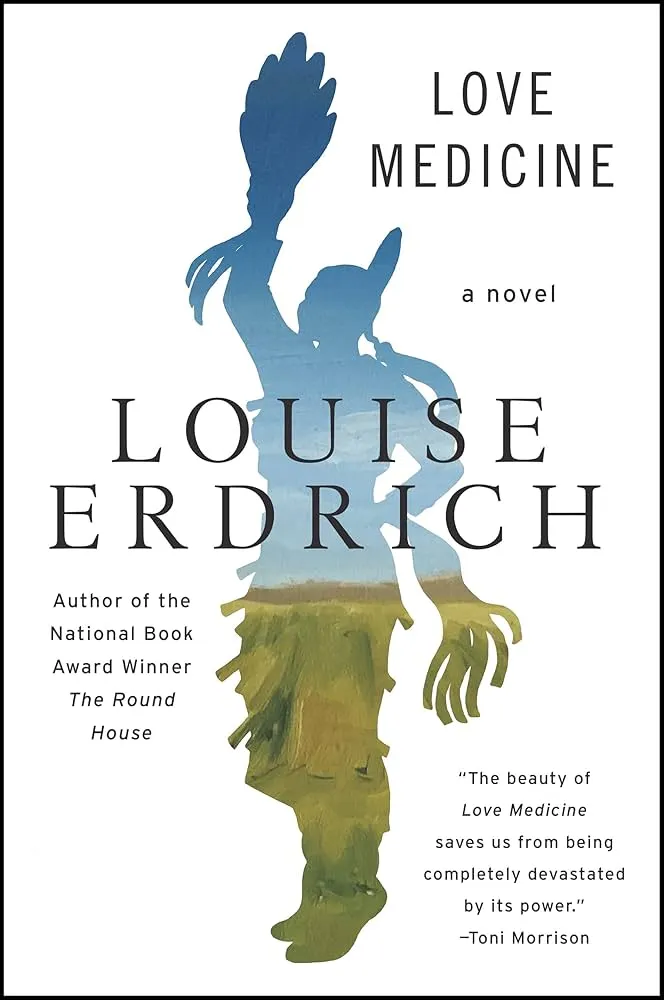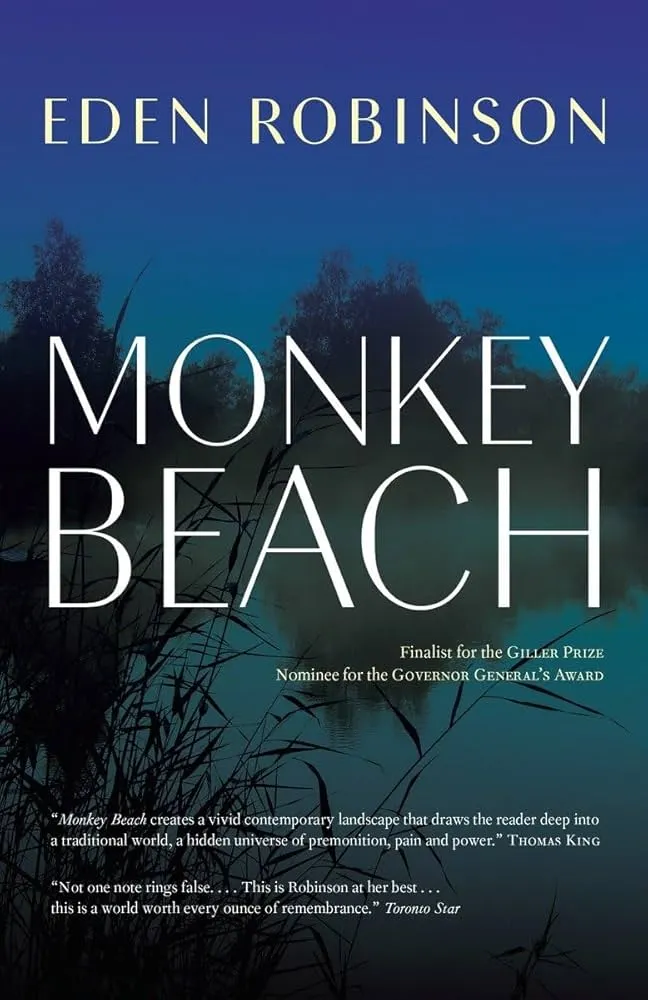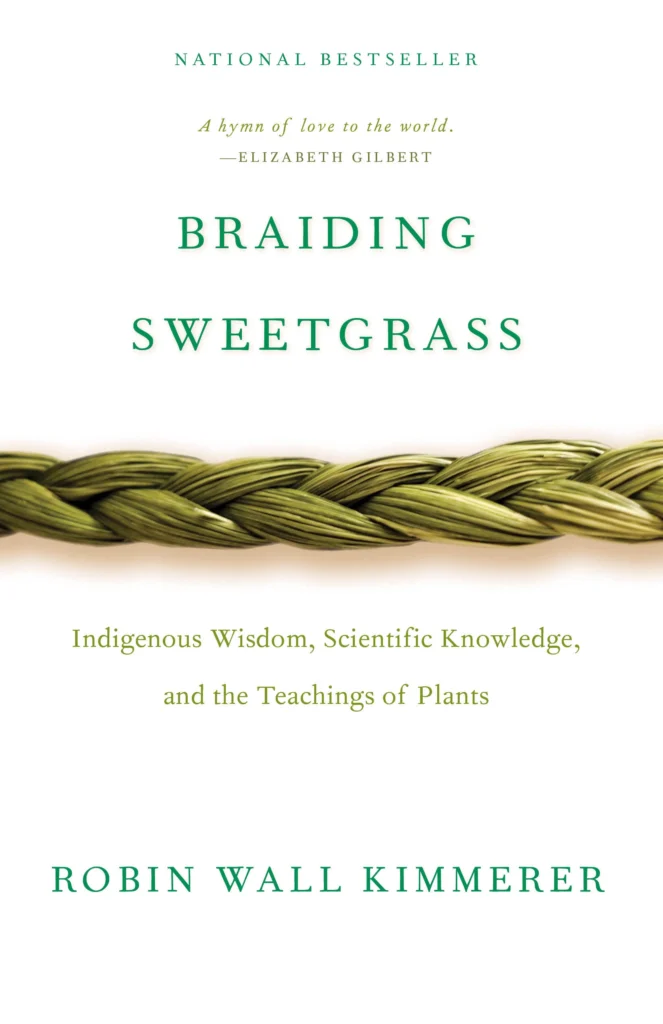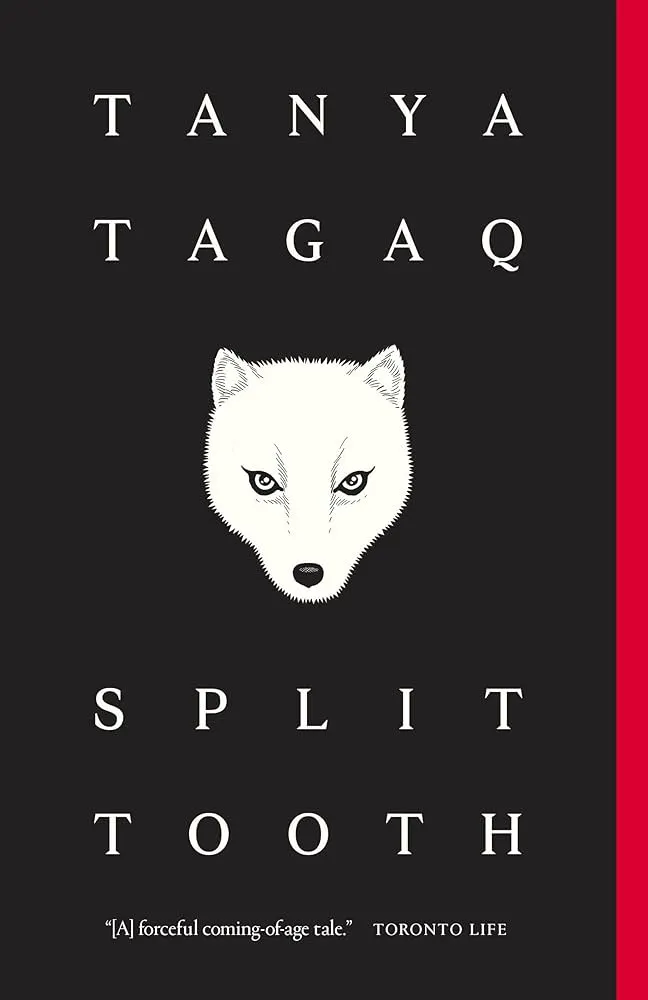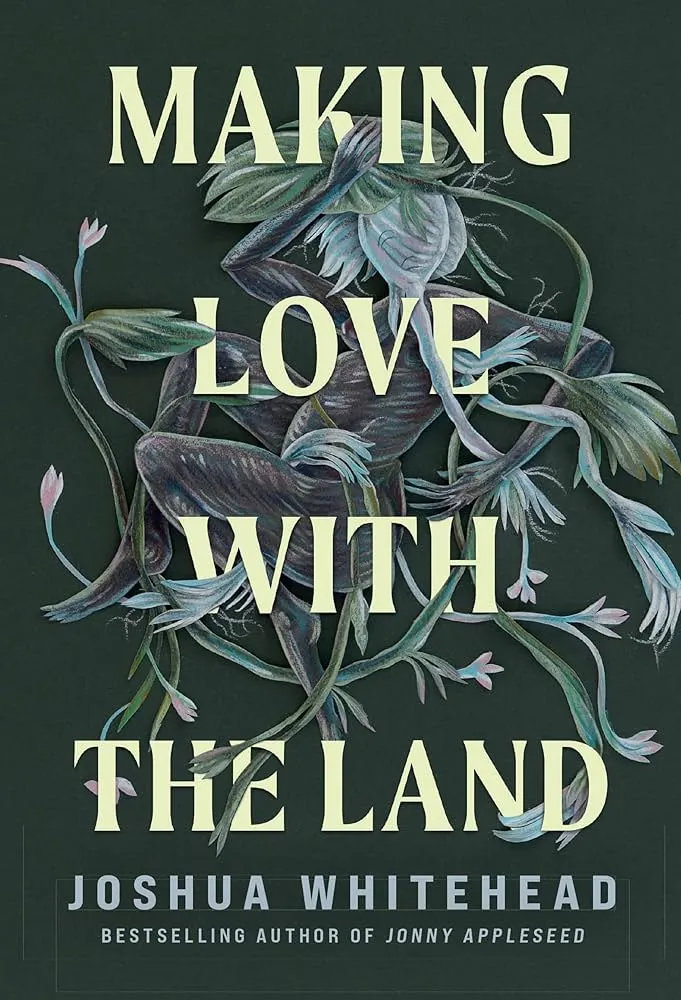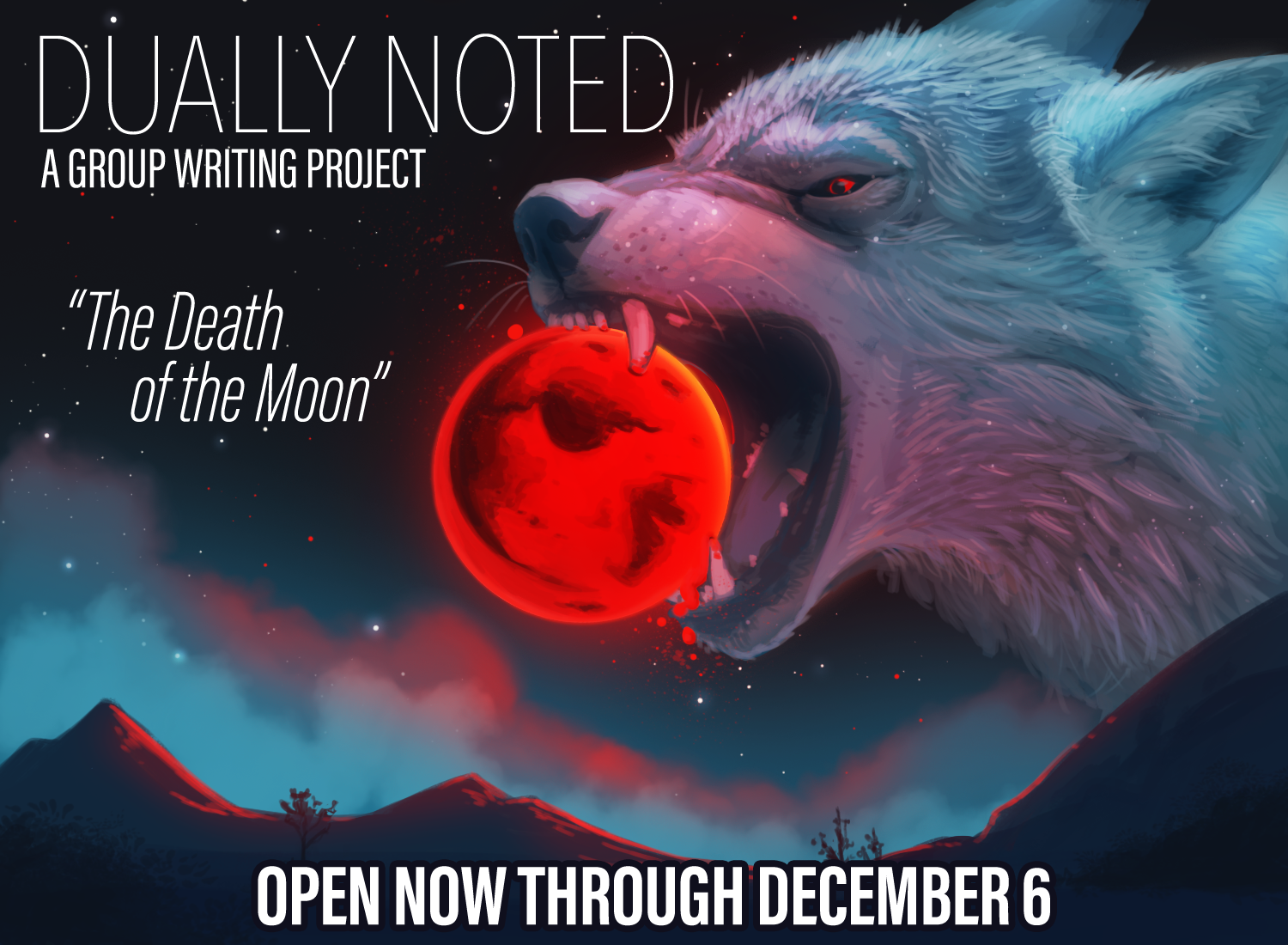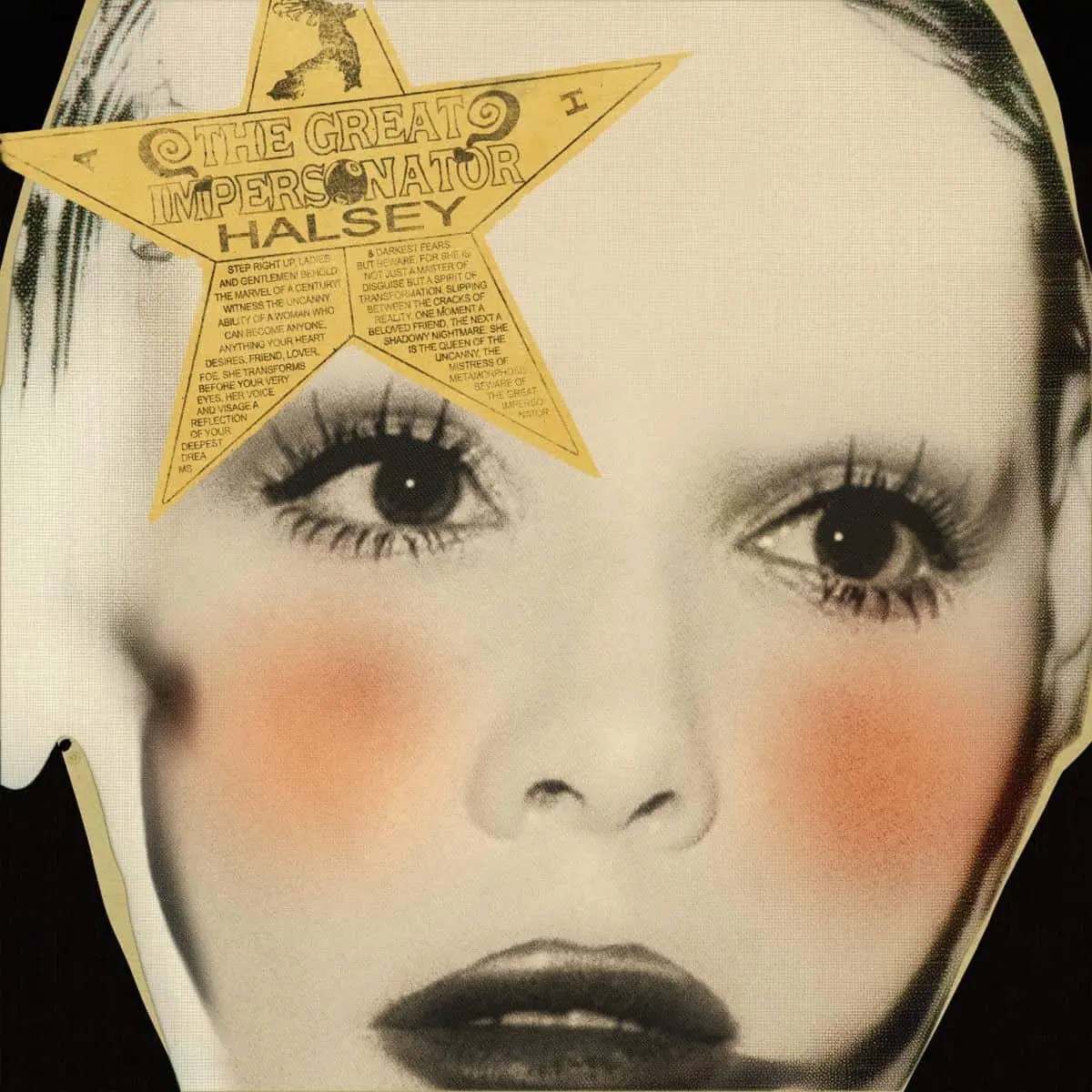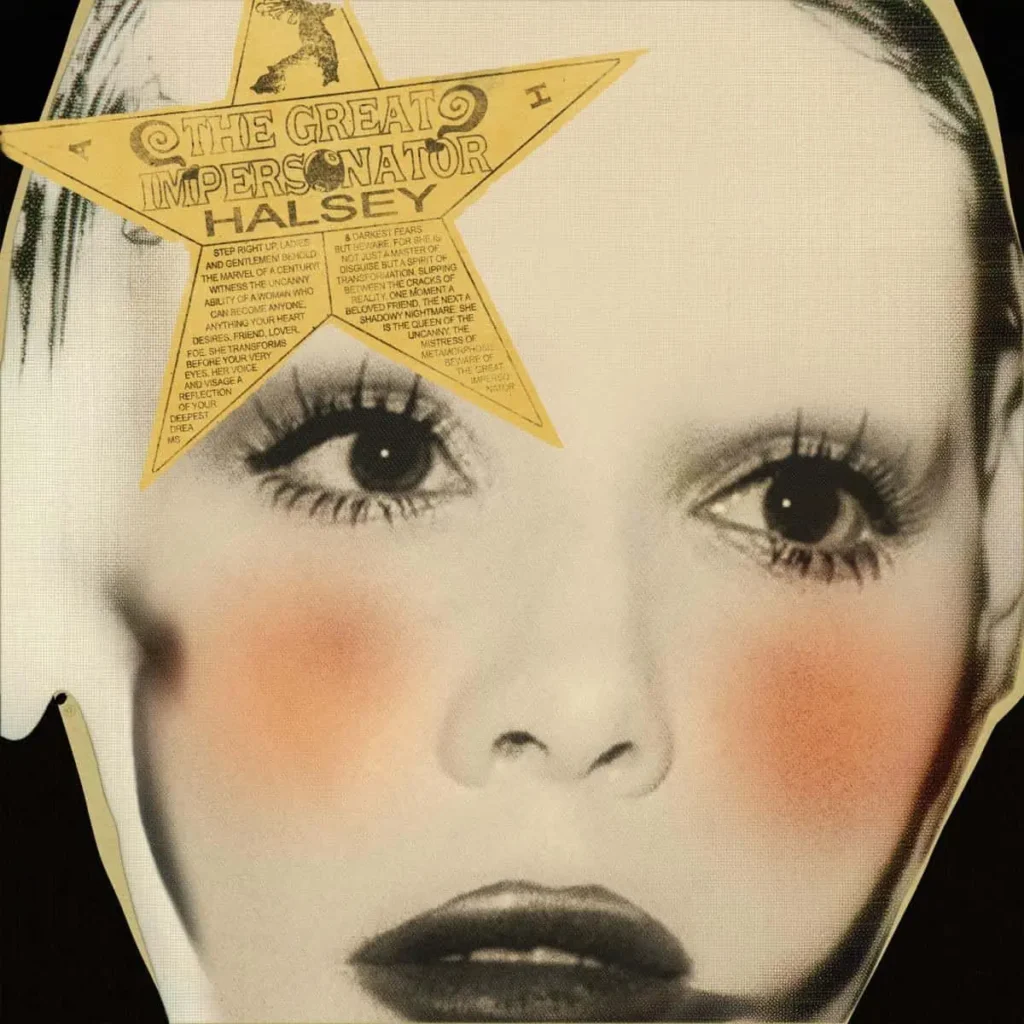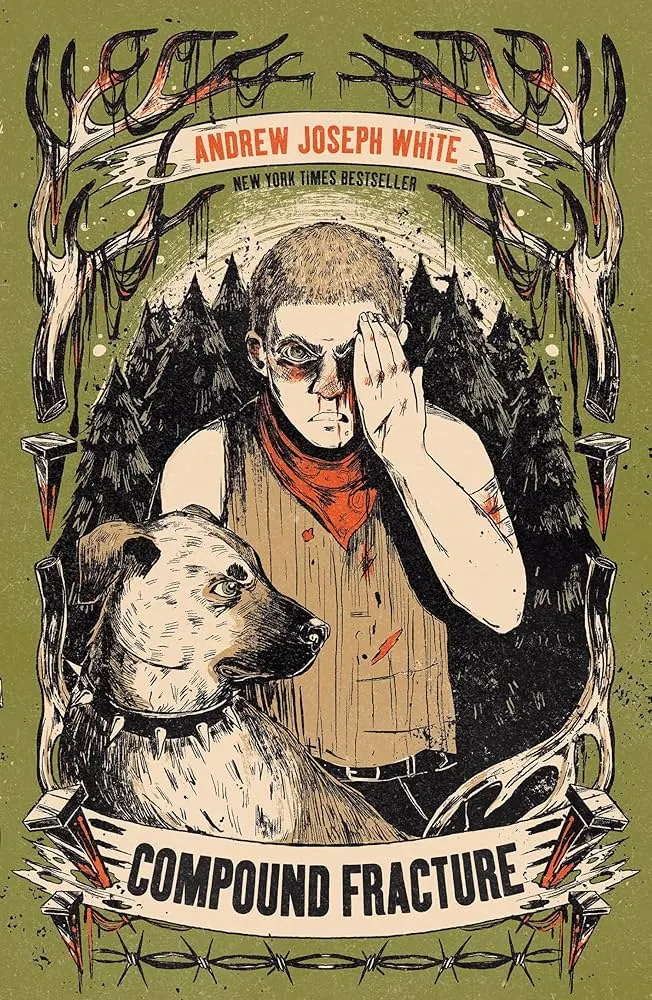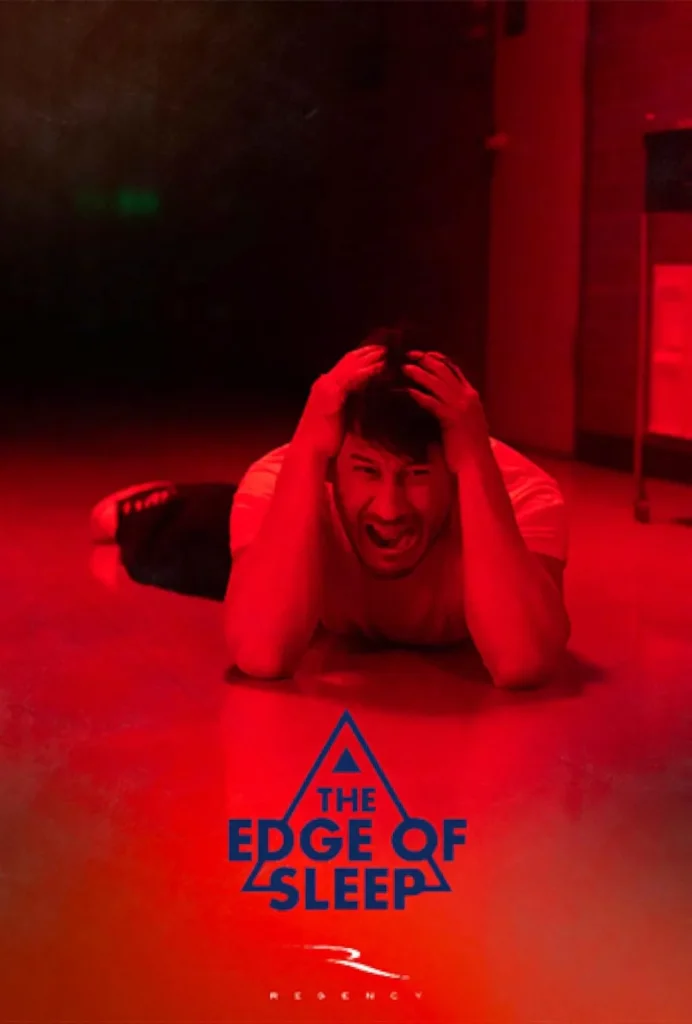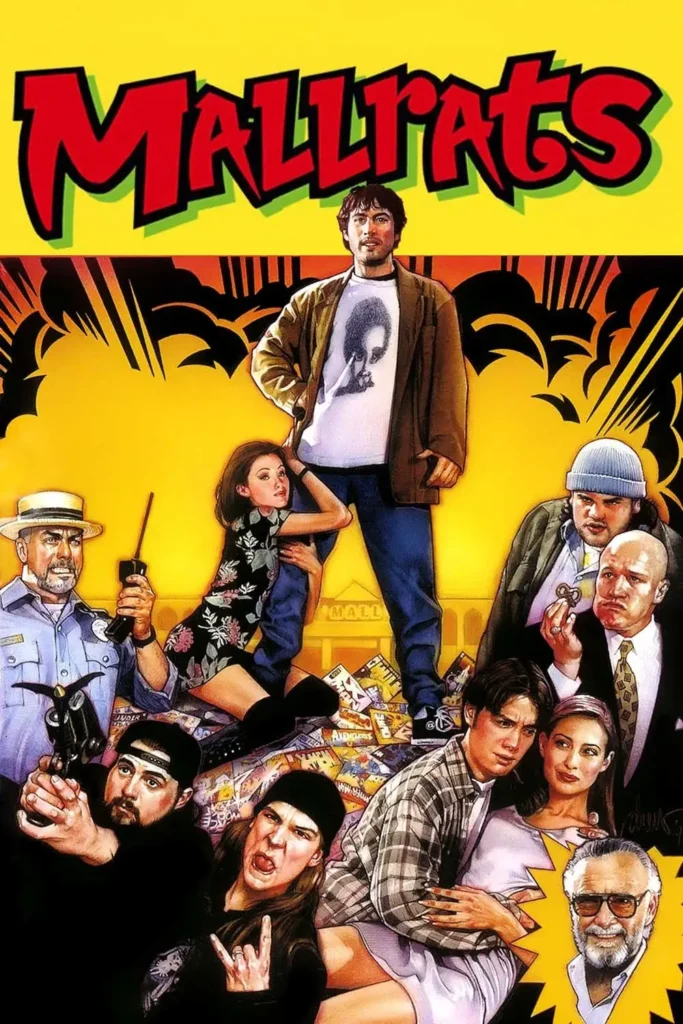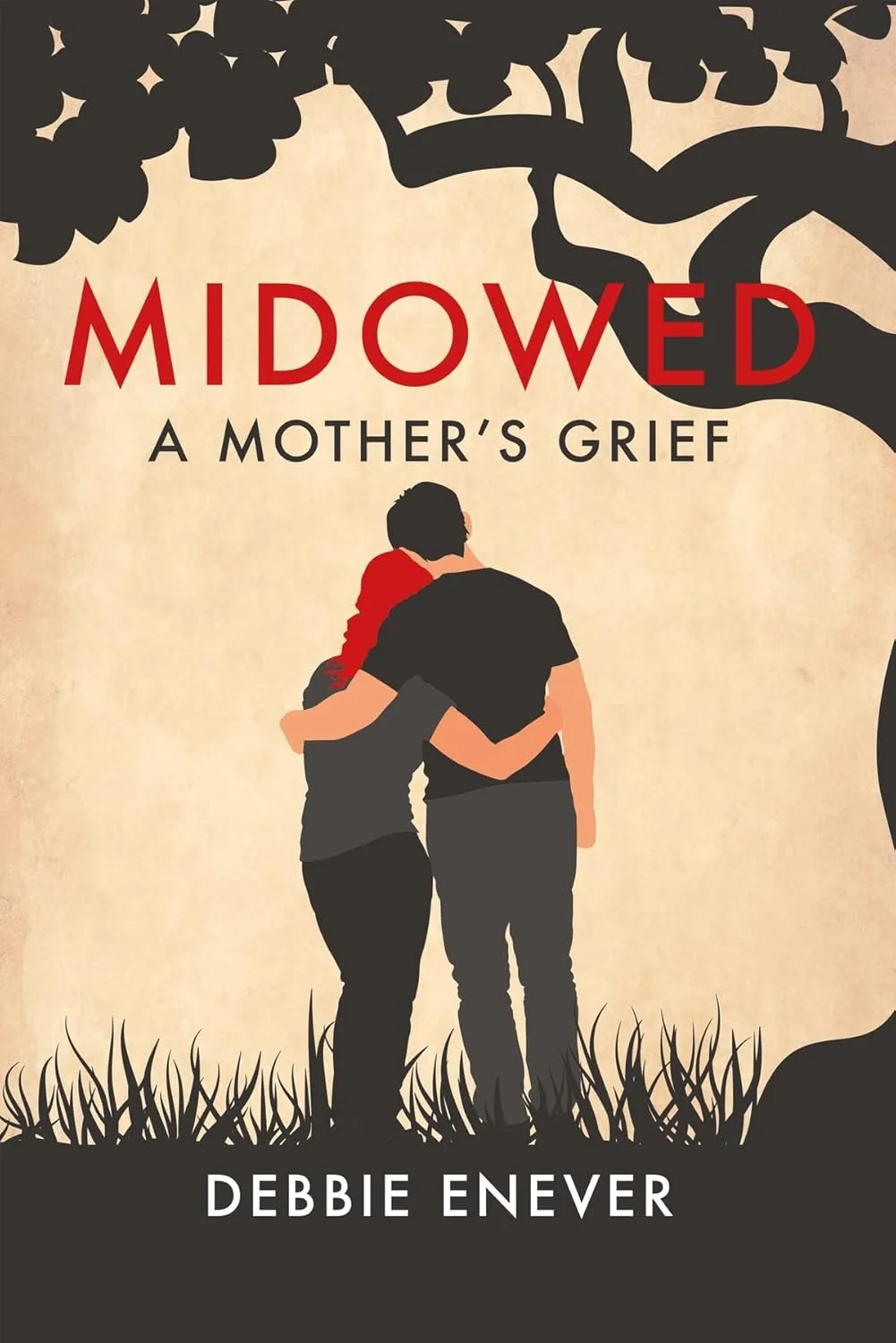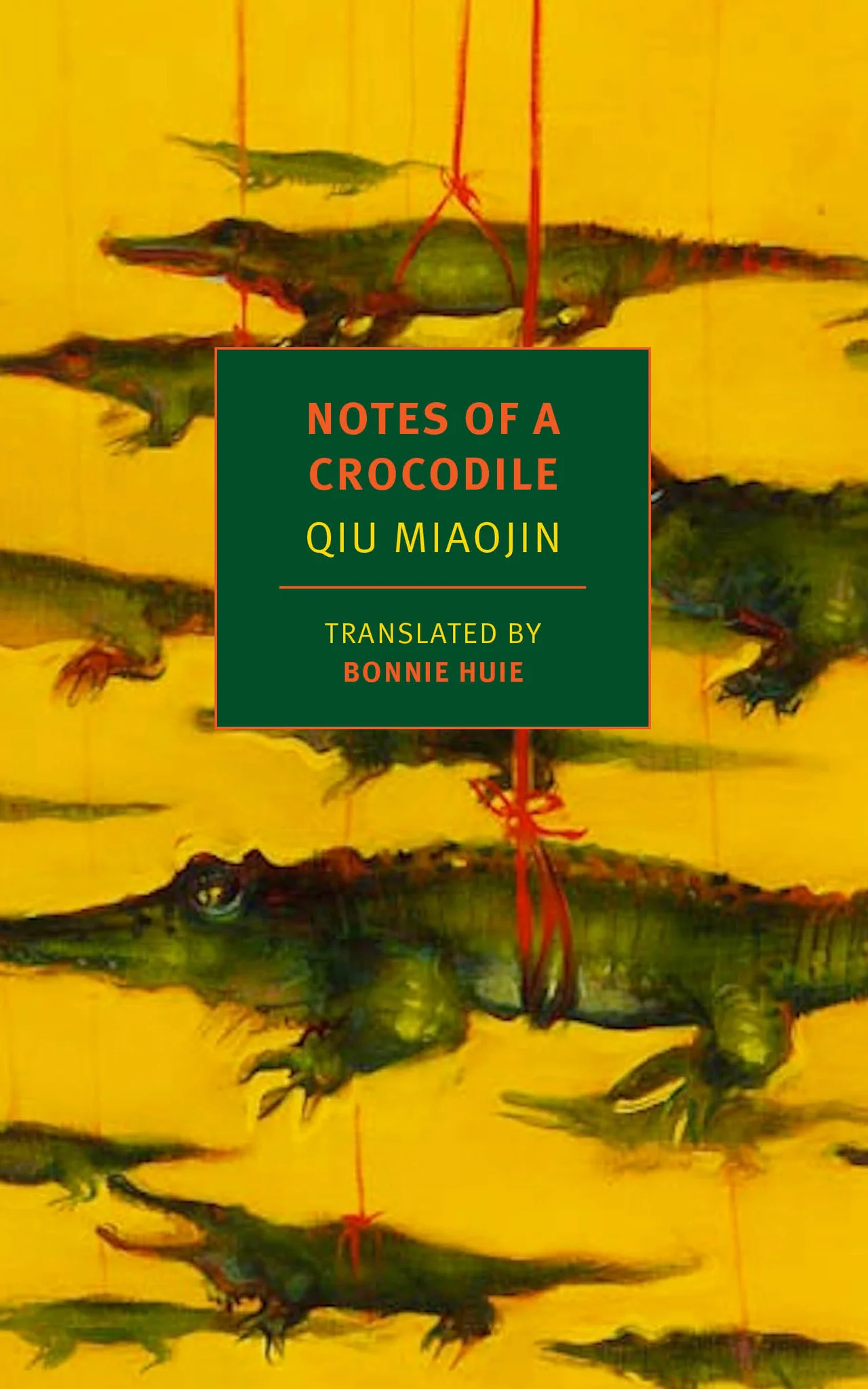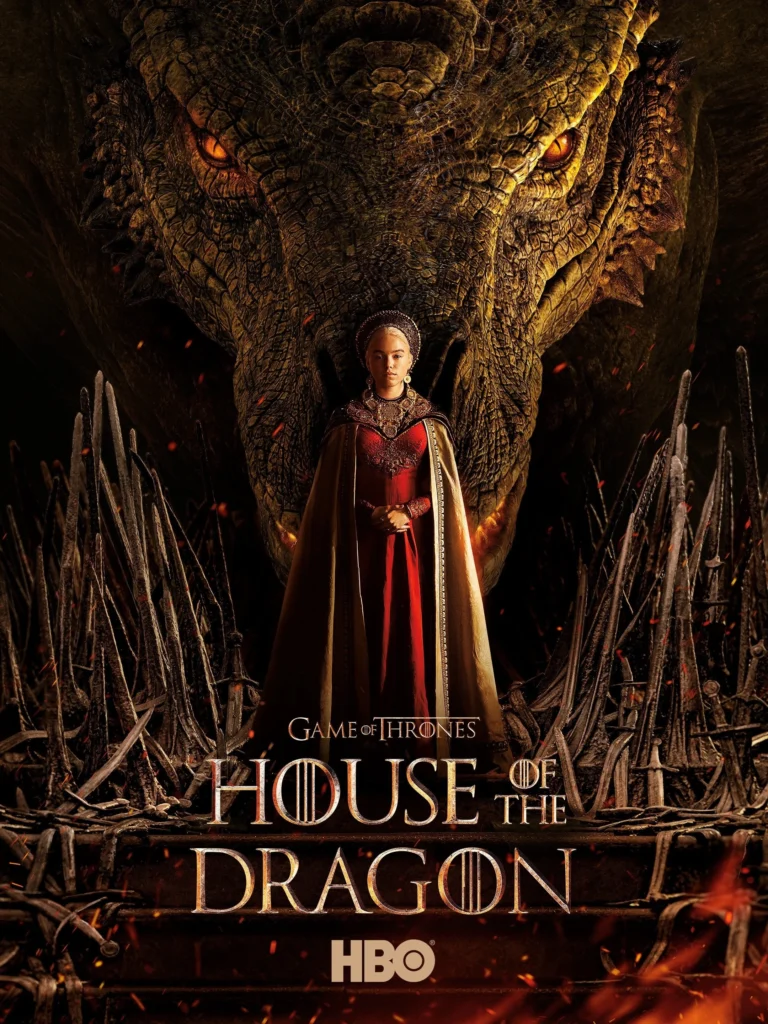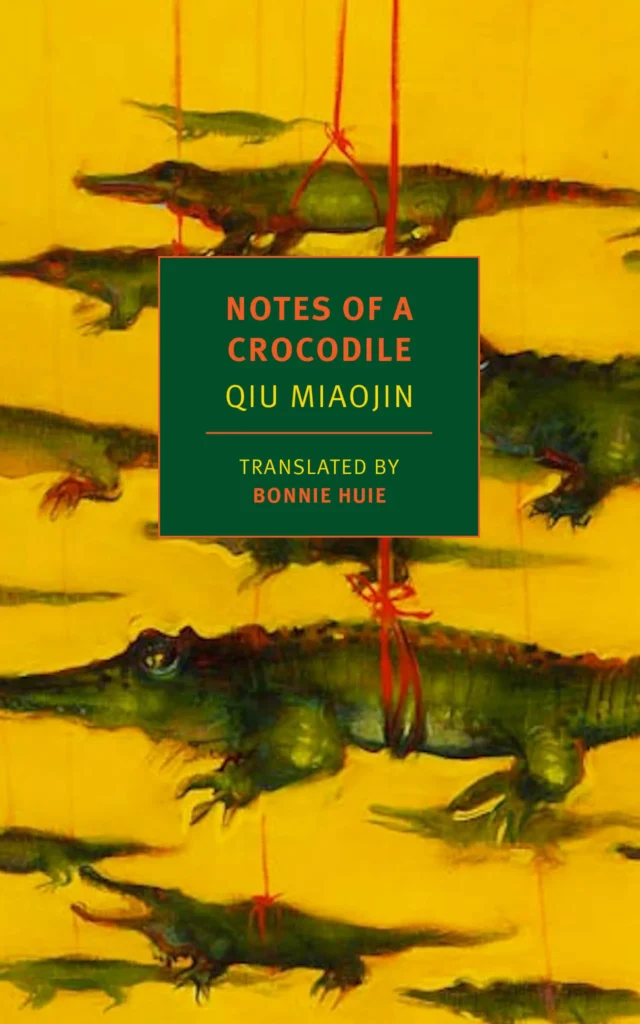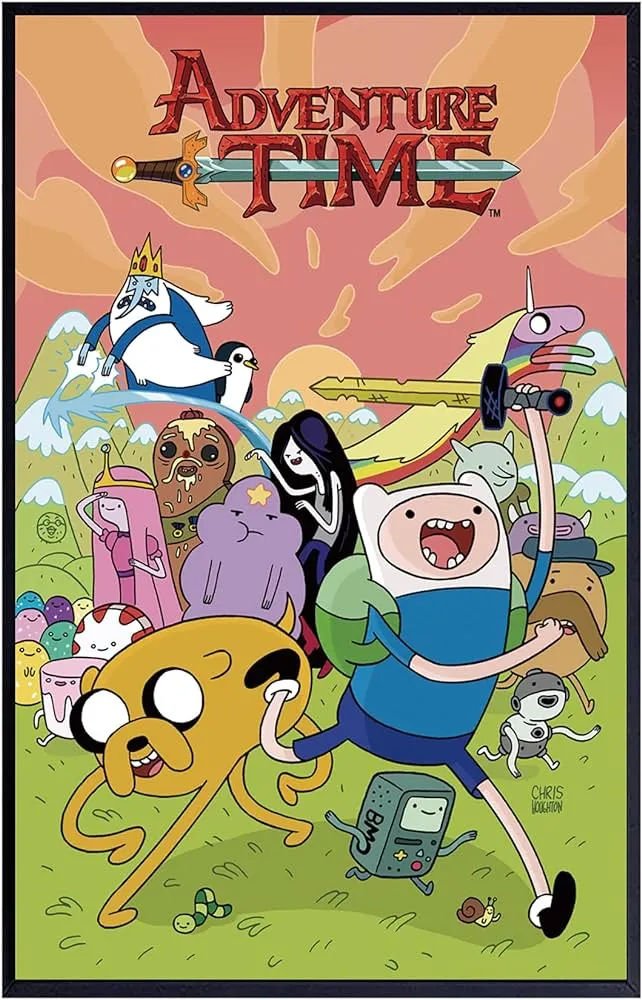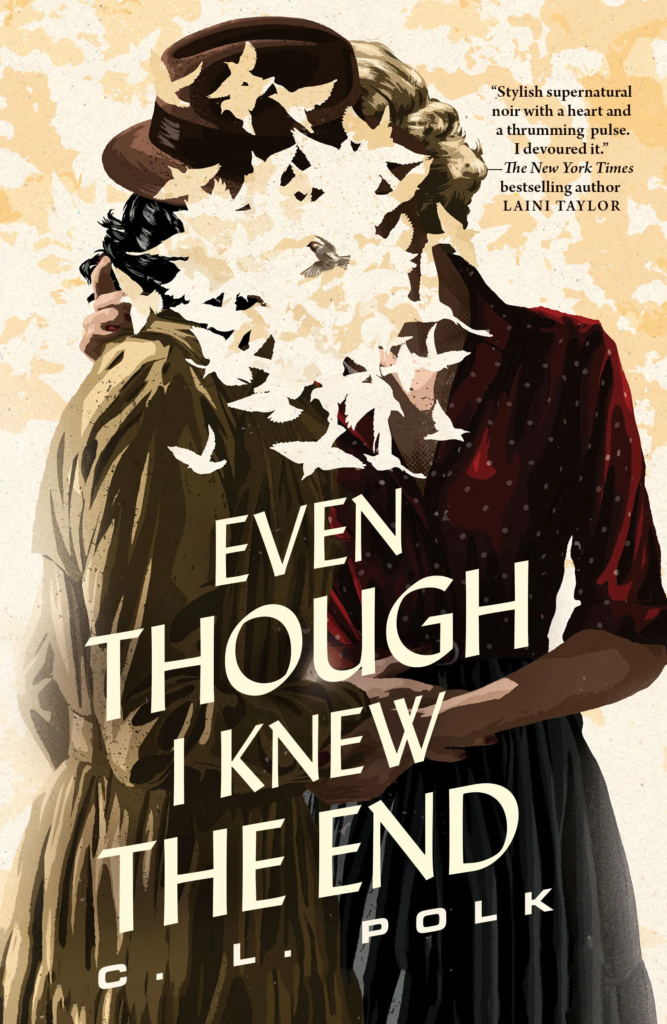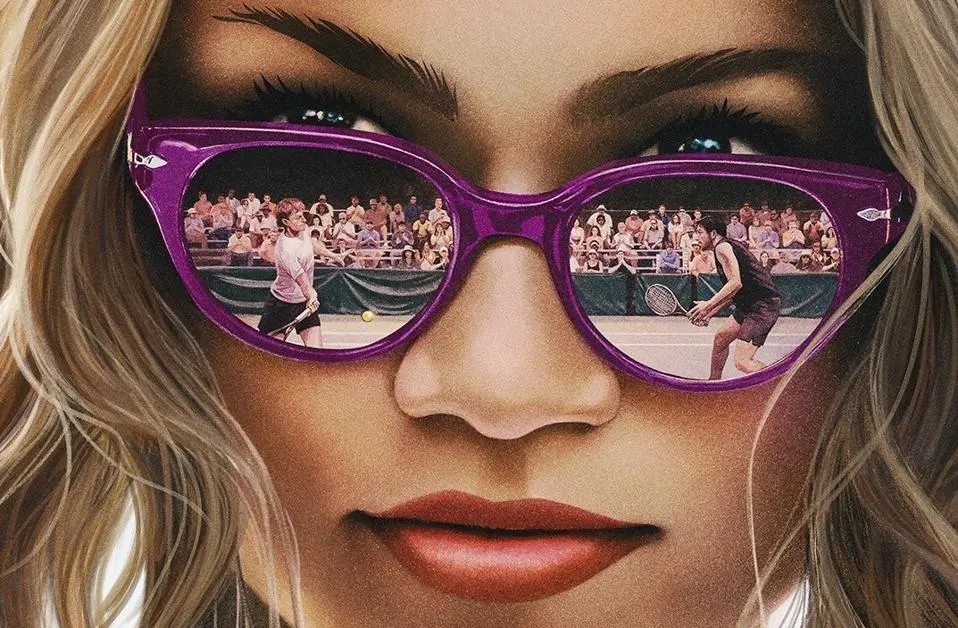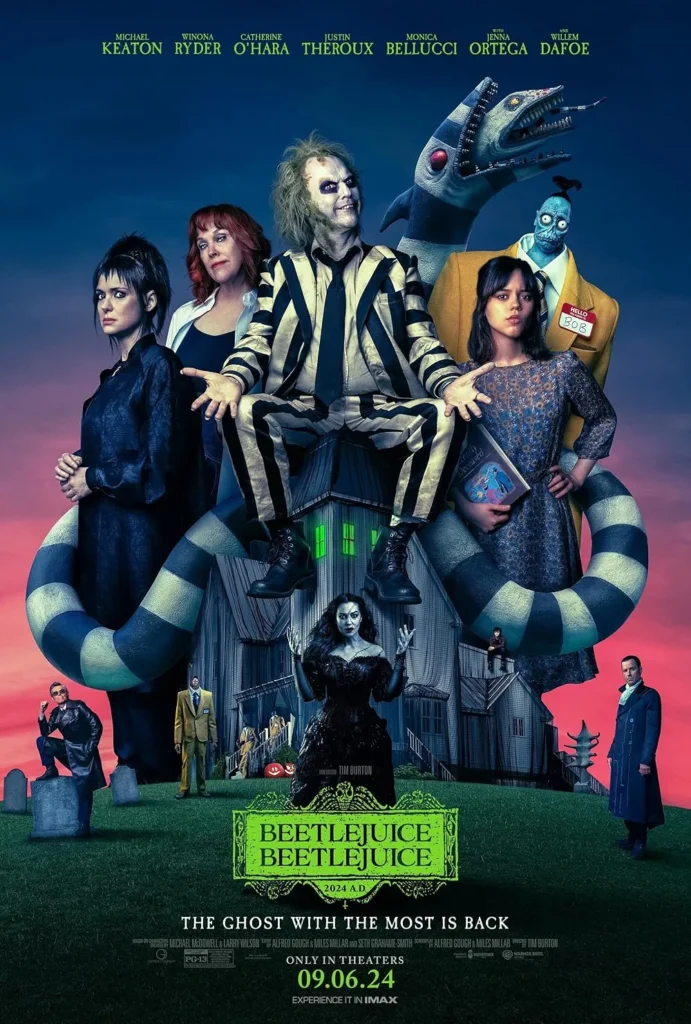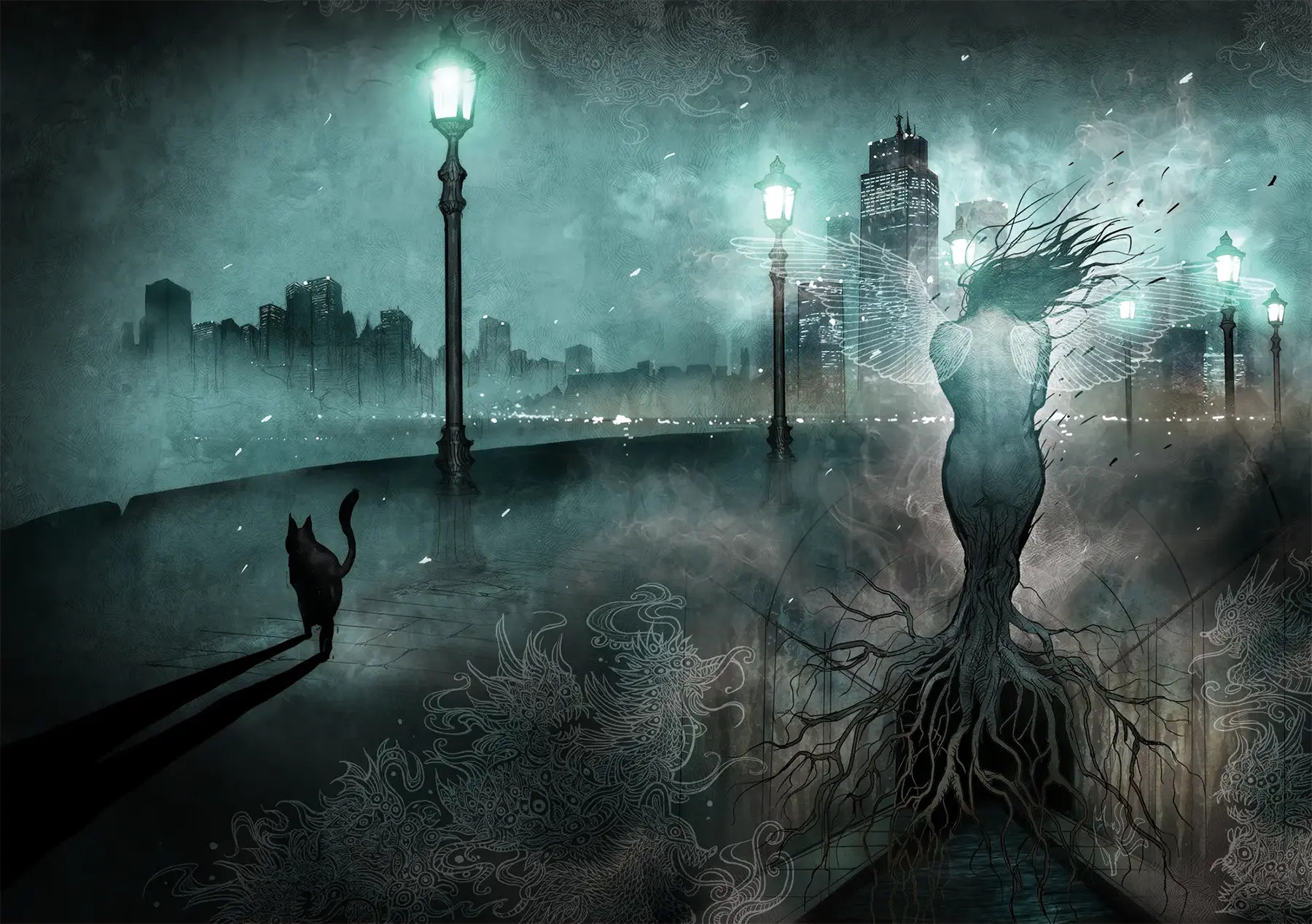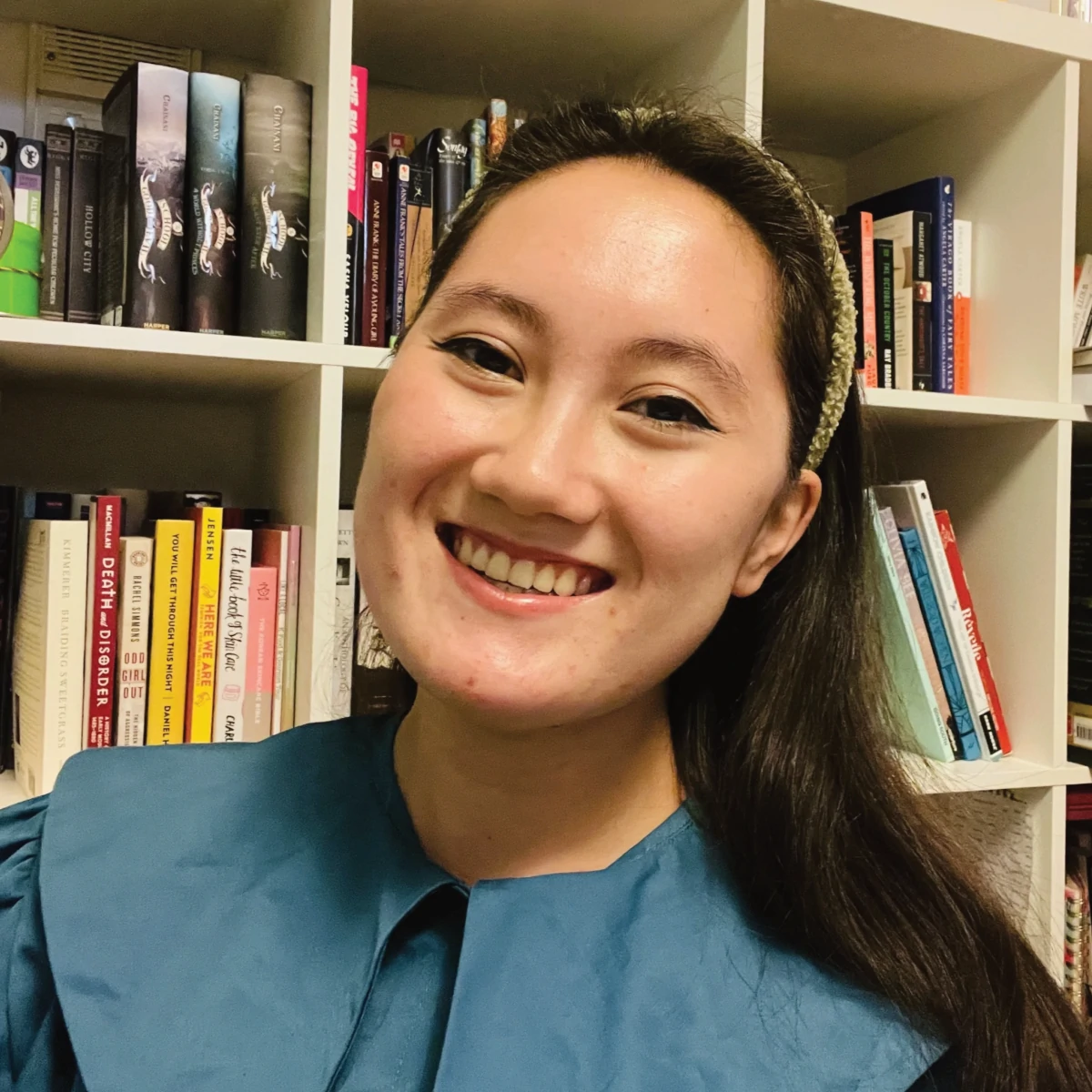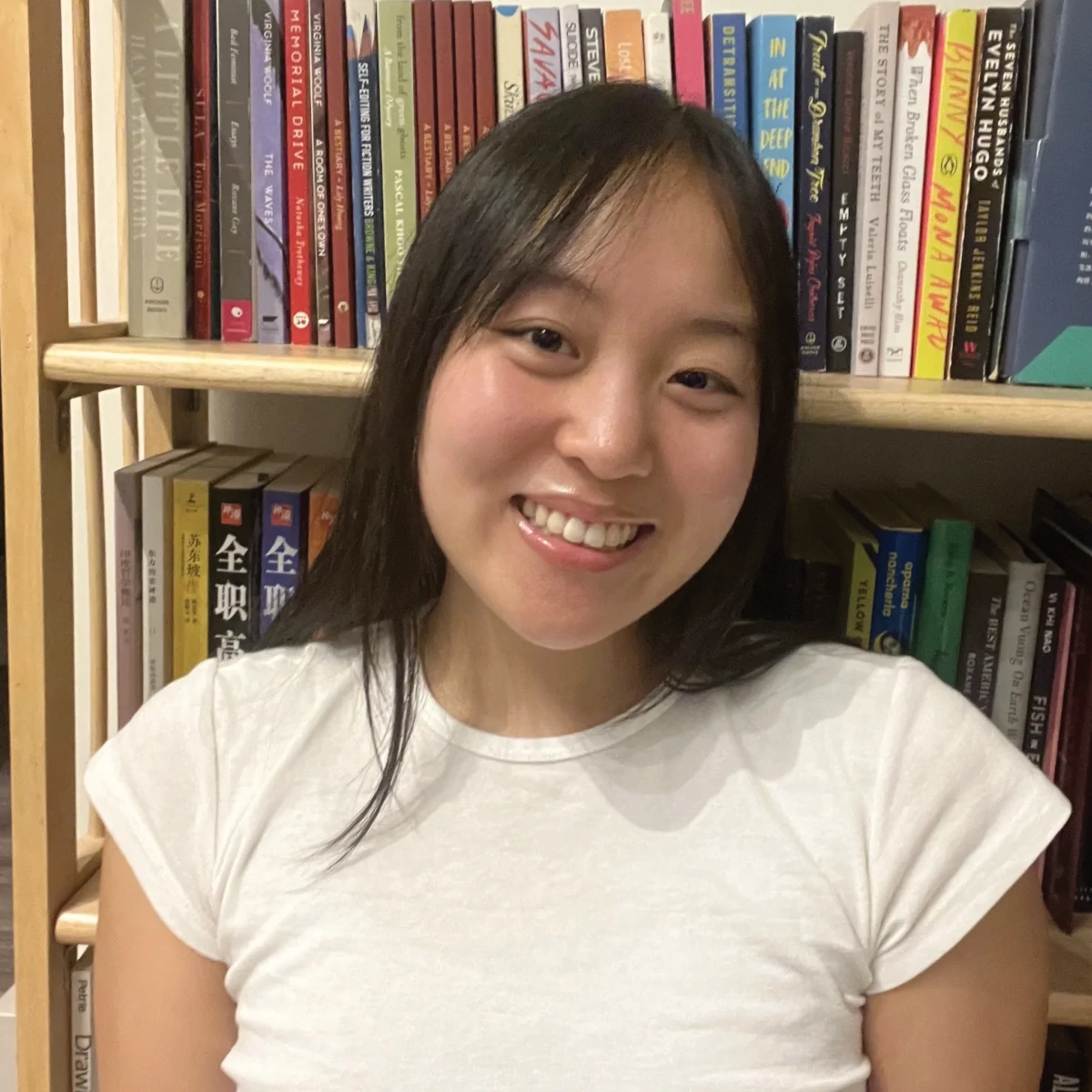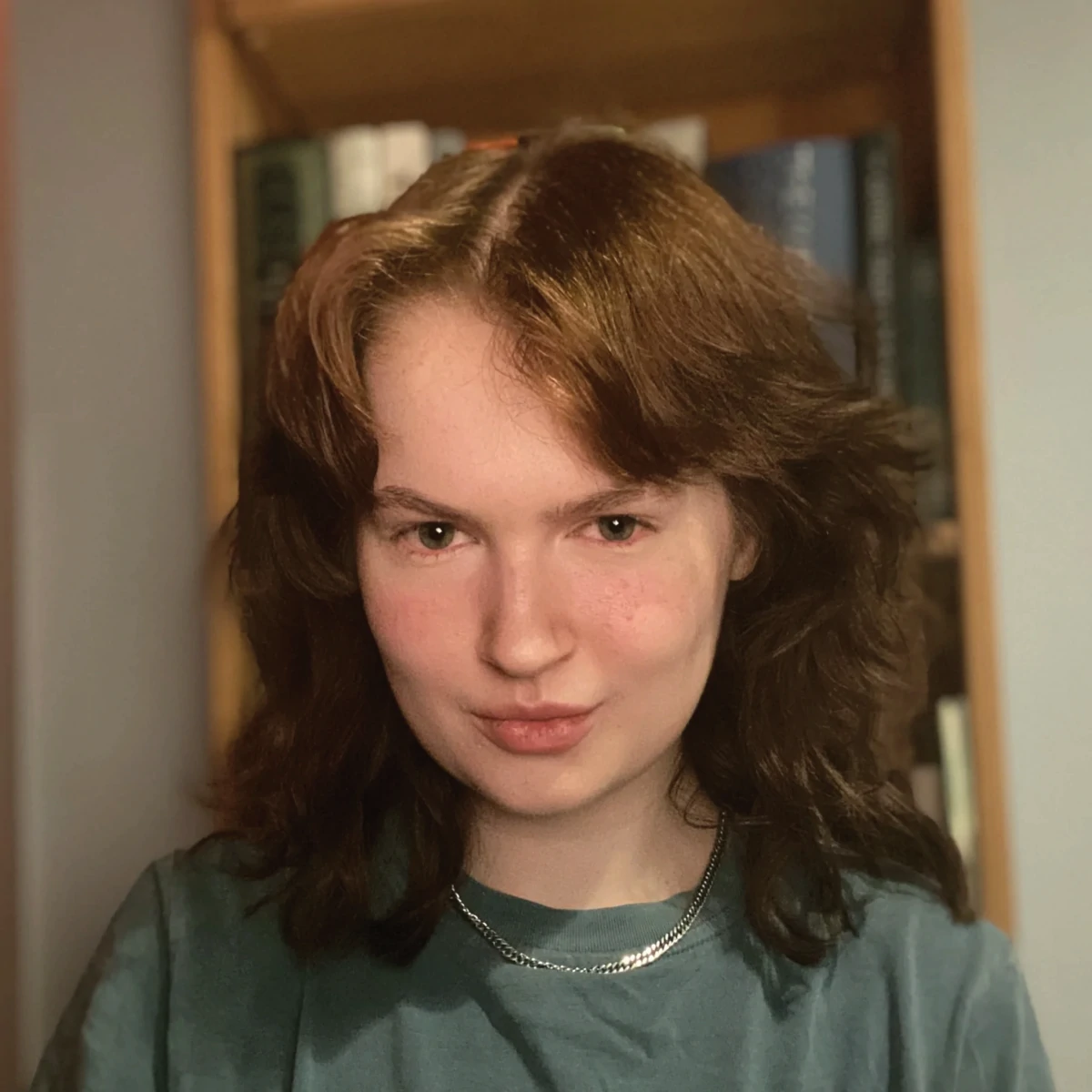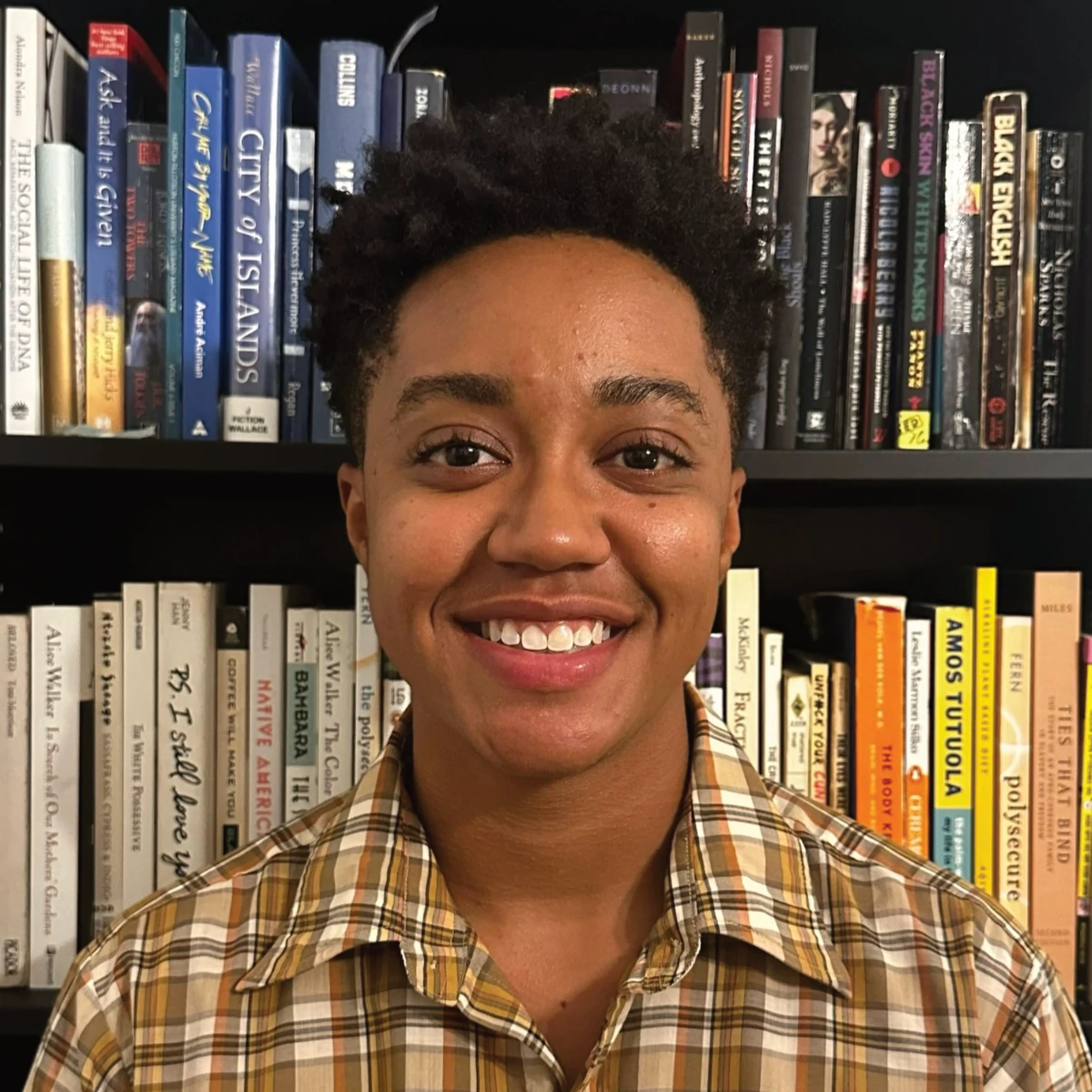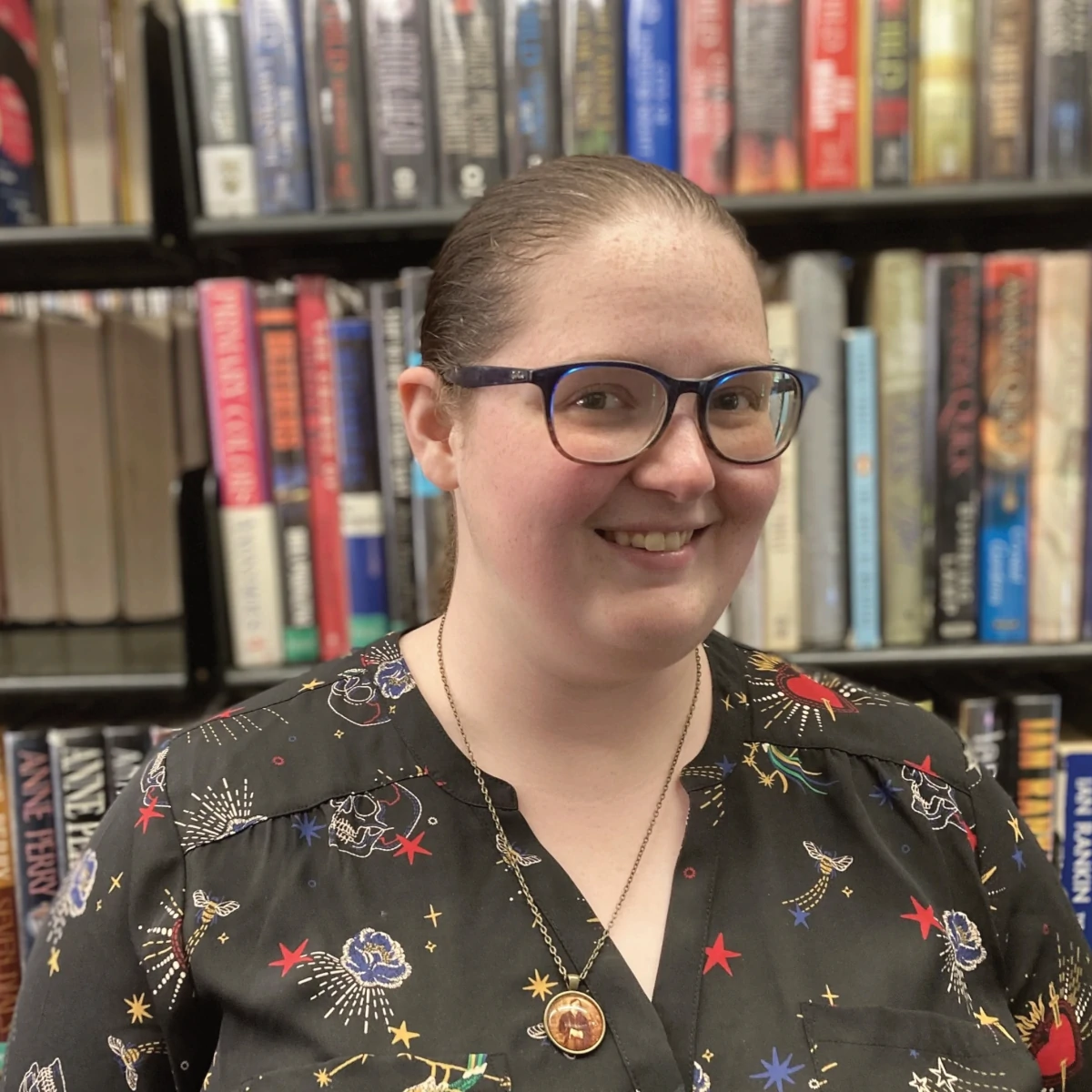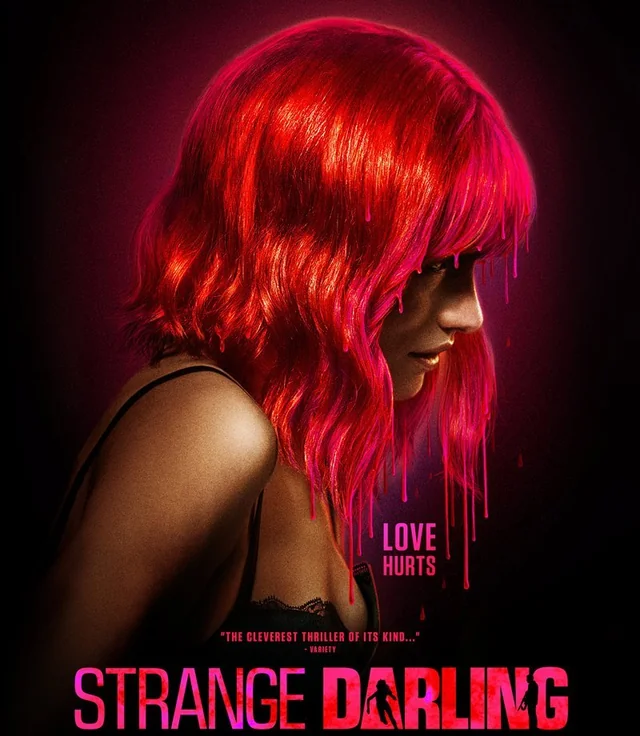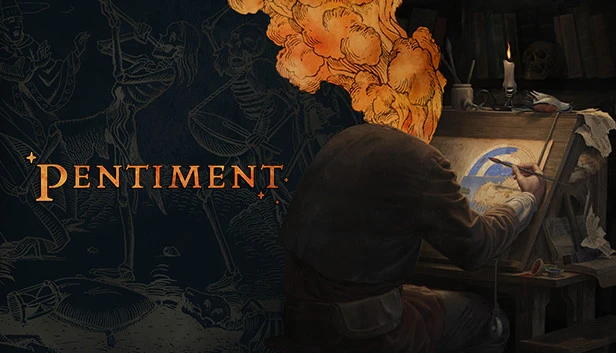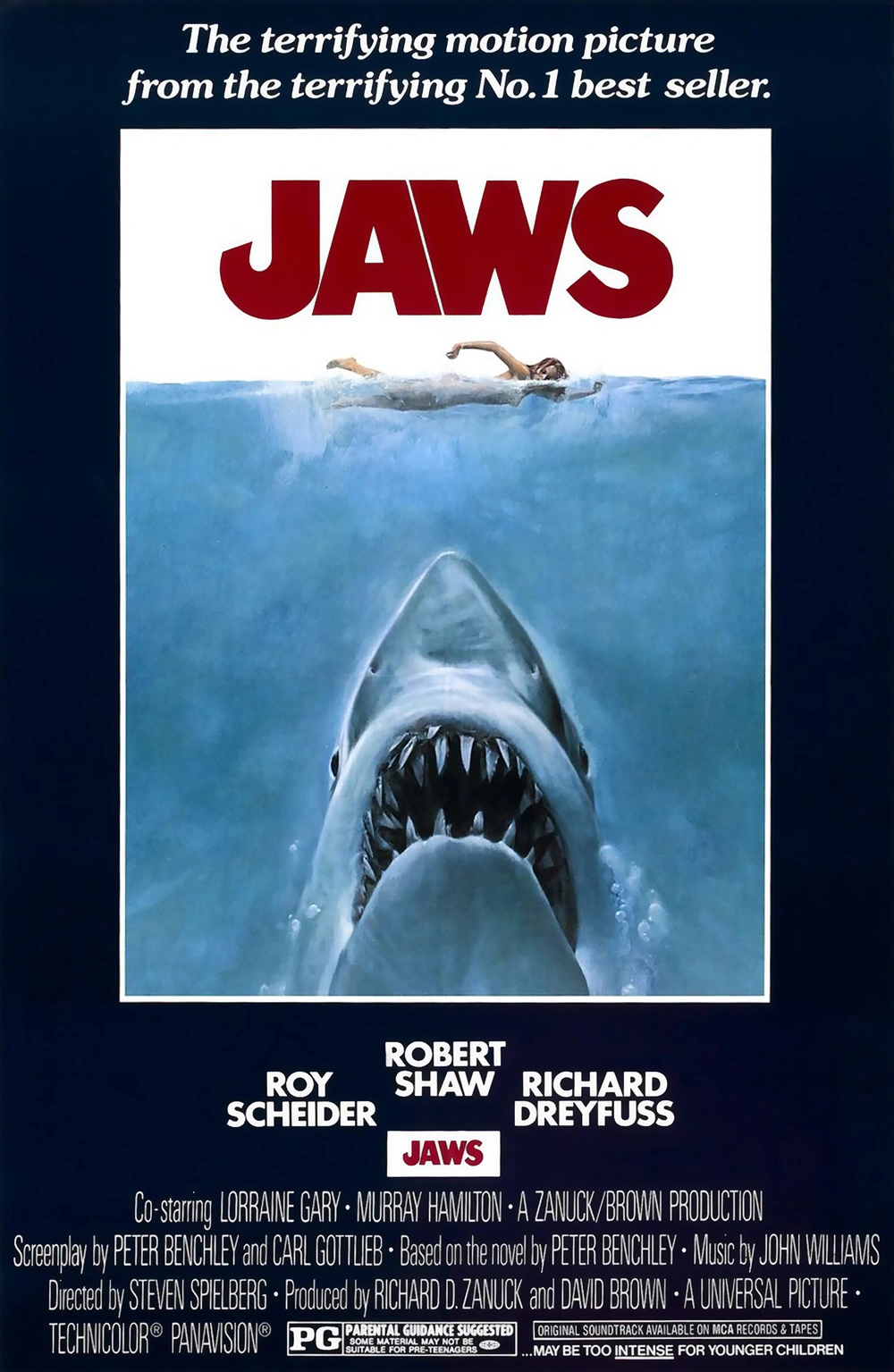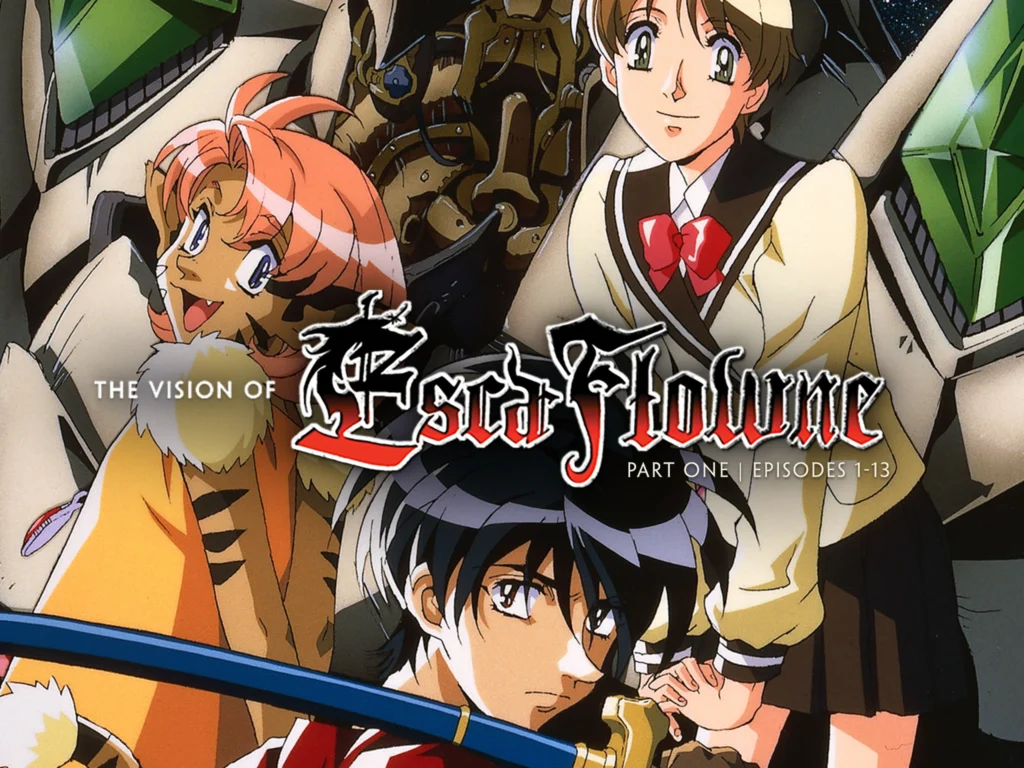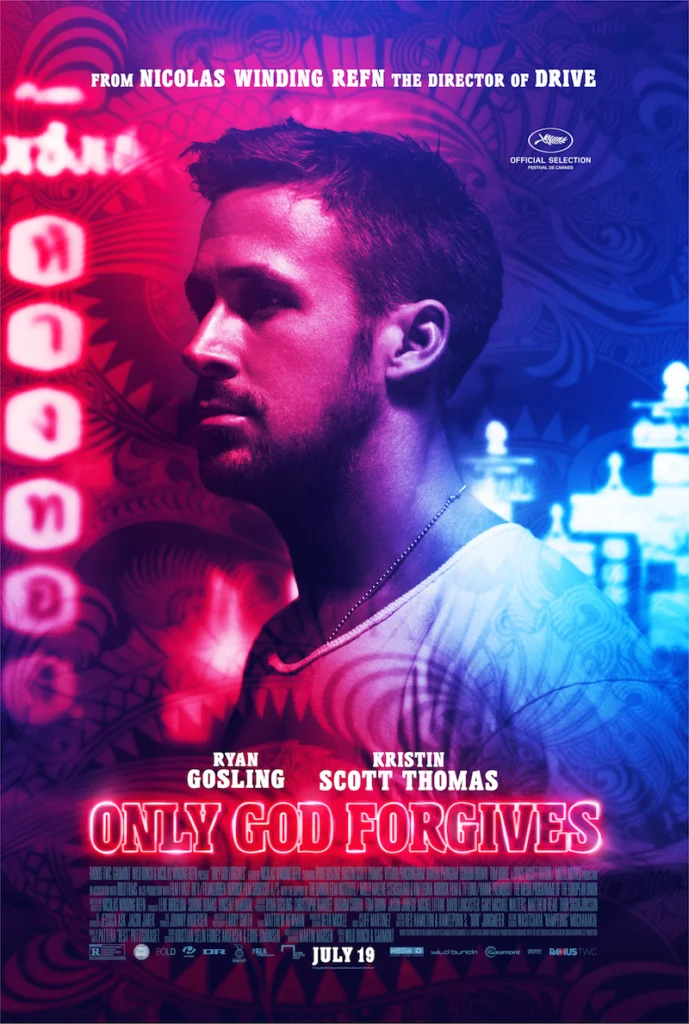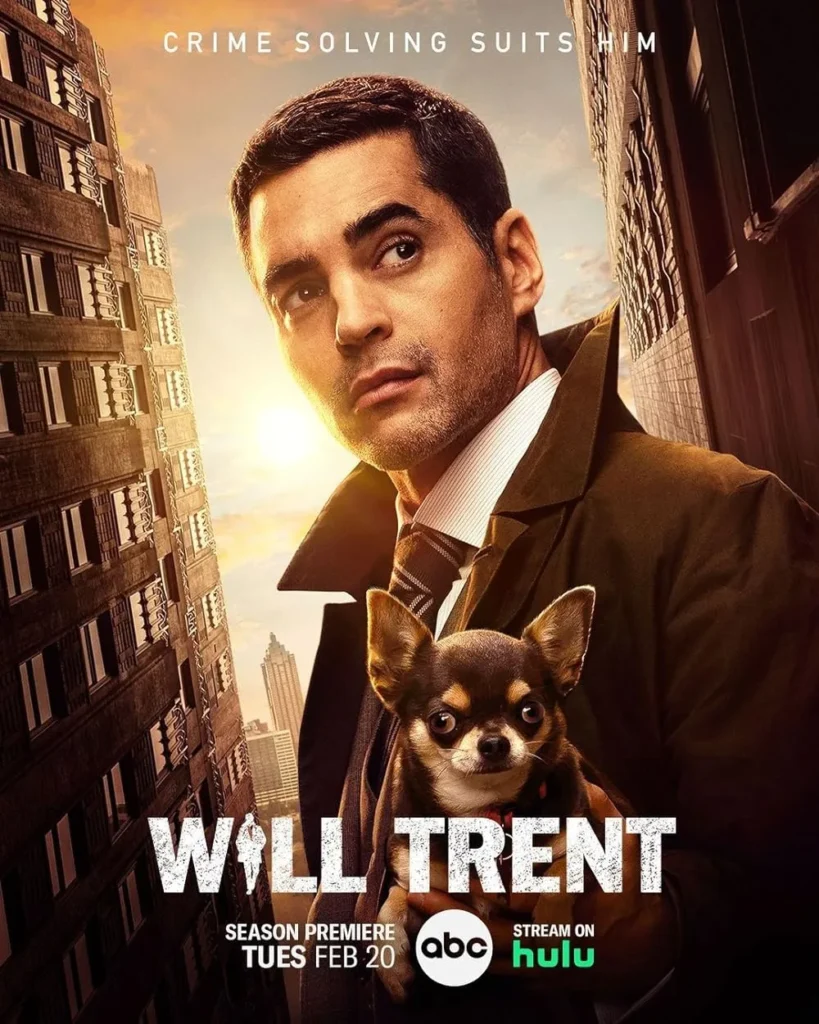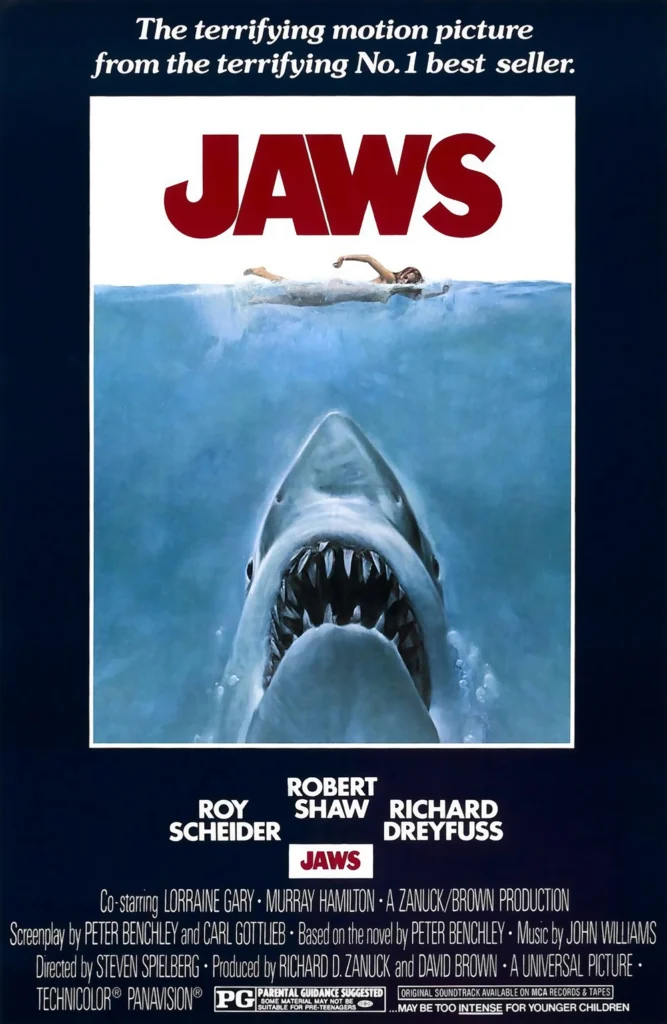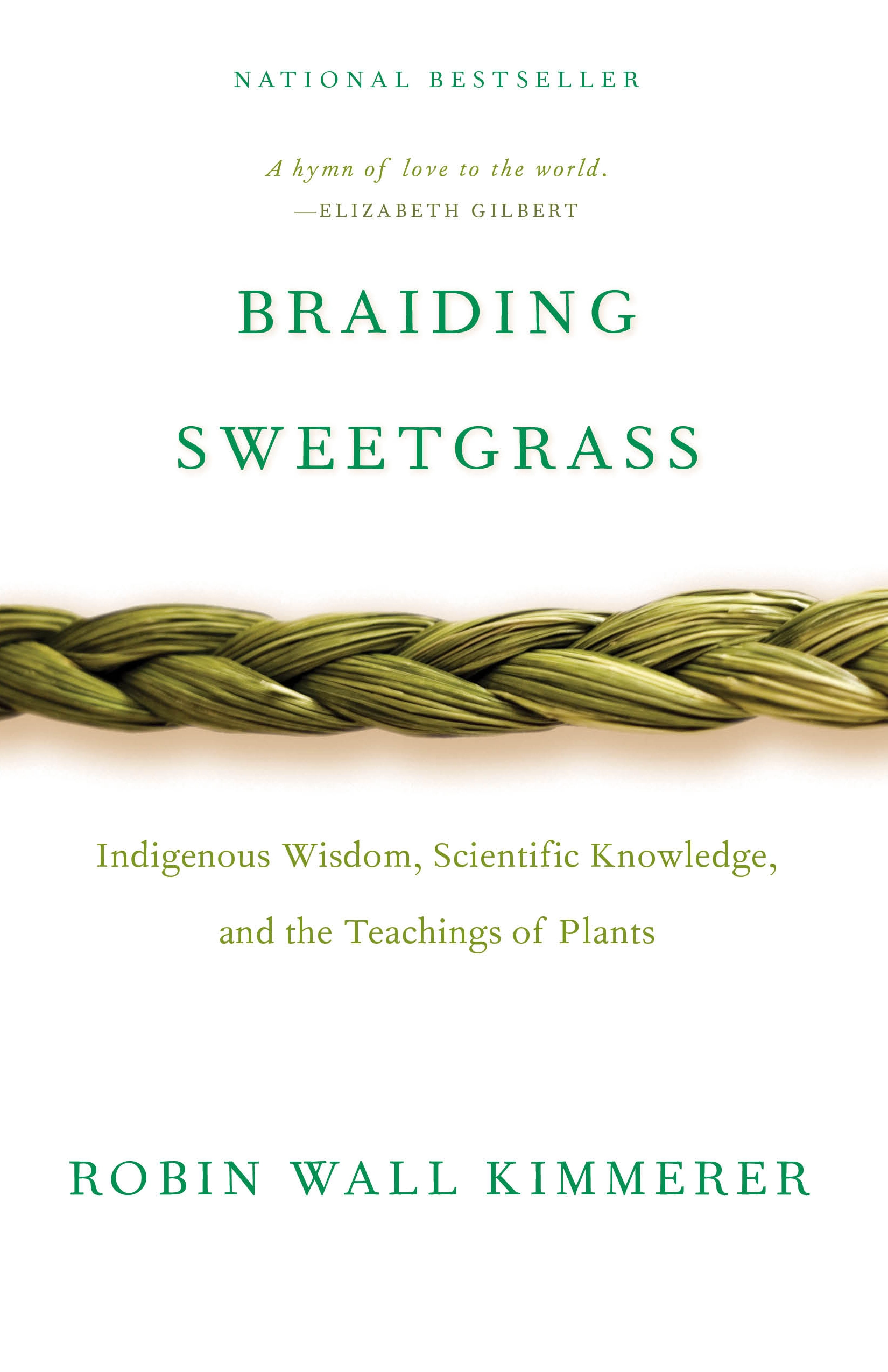
Five Books for Your Native American Heritage Month
November is Native American Heritage Month. My personal tradition for this month dictates I read work by local and international Indigenous authors and educate myself as best I can. I would love for you to join me in this.
I’d like to explain why I chose these books over others. I didn’t want my selection to seem arbitrary—I especially didn’t want another lip-service listicle posted for relevant web traffic. This is a topic I care about, and I want to give it the thought and respect it deserves. While selecting these titles, I chose not to abide by colonizer-imposed borders differentiating between the lands we call Canada and the United States, thus identities of “Native American” and “Native Canadian.” These borders were not decided by Indigenous people themselves; instead, they were forced upon them by settlers. In turn, I chose to abide by the Haudenosaunee understanding of Turtle Island, which recognizes the entire North American continent as one.
The name Turtle Island comes from the creation story of the Haudenosaunee, but you may know it by its anglicized name, the Iroquois confederacy. In this story, Sky Woman falls from the clouds but is caught by seabirds and placed on the back of a turtle in a giant ocean. Sky Woman understood she wouldn’t be able to live the rest of her life on the back of a turtle, so she enlists the help of various aquatic creatures to swim to the bottom of the ocean and bring her back to soil. All fail except for the muskrat, and using the soil it brings her, she builds what we now know as North America on the back of the turtle. Different groups have their own variants of this story, but, at its core, this story highlights cultural tenets of the relationship between person, land, and animal.
I have also made the conscious choice to include only Indigenous women and two-spirit writers. It felt important to highlight the intersectionality of oppression, and, as someone living on Stolen Treaty 7 land, highlight the voices of those most in need of support.
Love Medicine by Louise Erdrich
Love Medicine by Louise Erdrich is a short-story cycle released in 1984 that follows multiple generations of three families: the Lamartines, the Kashpaws, and the Morisseys. It spans from the 1930s through the 1980s on an Ojibwe reservation split between Minnesota and North Dakota. Toni Morrison wrote “the beauty of Love Medicine saves us from being completely devastated by its power.” Despite this, I was still devastated. This book was important to include not just because of its deft handling of historical understanding, but because of the resilience and its joy. In these short stories, Lulu Lamartine becomes an active member of the American Indian Movement after her house is seized much to the chagrin of her entire family; Lipsha Morissey attempts to rescue his grandparents marriage, is ravaged by assimilationist traumas of boarding schools all while mourning his own missing mother; and Marie Kashpaw fights over spoons with the nun who abused her. However, it never lets tragedy and injustice take center stage. True to its title, Love Medicine refocuses understandings of Oijibwe communities through joy and humor. The characters are not simple caricatures of the noble savage or vanishing Indian, but first and foremost, they are fully developed, flawed humans.
Monkey Beach by Eden Robinson
Monkey Beach by Eden Robinson, released in 2000, tells the story of Lisamarie Hill, who recently lost her brother under suspicious circumstances. The book follows her search for answers in the small Haisla community of Kitamaat just off Vancouver Island. The story combines Haisla legend and myth with gothic and horror conventions to tell the story of different hauntings— of a girl, of her family, and of a community by the specters of colonialism and violence. It’s also haunted by contemporaneous events as it explores what it means to be Indigenous and missing, especially as a woman. Notably, around the time of Monkey Beach’s release, the atrocious acts of Robert Pickton came to light. The book reckons with contemporary Indigenous traumas using their own ways of knowing rather than the Western idea of being followed by ghosts or demons. Instead, Lisamarie sees Sasquatch-like b’gwus and a little red-haired man who predicts when bad events will take place. Yet, despite the moments of haunting, Monkey Beach balances the fright with more optimistic cultural traditions. Lisamarie is extremely close with her Ma-ma-oo, her grandmother, who she forages, fishes, camps, and cooks with. There is a particularly touching scene where they make oolichan grease, which depicts contemporary Haisla living as a complicated, but changing, mixture of joy and sorrow.
Braiding Sweetgrass: Indigenous Wisdom, Scientific Knowledge, and the Teachings of Plants by Robin Wall Kimmerer
Optimism is the cornerstone of Robin Wall Kimmerer’s Braiding Sweetgrass, which was released in 2013. This collection of creative nonfiction-cum-essays-cum-nature writing weaves together science, traditional Powatomi knowledge, personal anecdote, and reflection as easily as a braid of sweetgrass, defying the Western genre category with grace and ease. My favorite essays in this book are “Violets and Asters,” “The Honourable Harvest,” and “The Three Sisters.” What I love about these essays is how they Indigeneize knowledge we have all been taught, while also highlighting we were only taught half of the story. Braiding Sweetgrass centers Indigenous relationships with the land—learning from the land, reciprocity with the land, and acting as stewards of the land. Kimmerer appropriates Western science and brings it into Indigenous ways of knowing, presenting the folly of colonization and the reality that those of us who share Turtle Island are not so different. It is uniquely prescient as climate disaster looms. For me, especially, this book reminded me that, as the descendant of colonizers living on stolen land, the least I can do is care for that land.
Split Tooth by Tanya Tagaq
Split Tooth is unlike any book I have ever read. It was released 2018 but set in the 1970s when the author was a child. It defies categorization by combining prose, poetry, memoir, and illustration to craft a biotext about the coming of age of a young Inuit woman navigating generational trauma, pregnancy, and the intensity of the natural world. The term biotext, coined by Fred Wah, describes work not wholly fictional nor wholly autobiographical—the idea is it is not either/or but authentic to the experience. Tagaq highlights how this is a form uniquely suited to postcolonial writing as it refuses Western-imposed categories to engage with Inuk oral and musical traditions, folklore, legend, and spiritualities. Furthermore, it worked! There is no contrivance, no forcedness to its experimentation. It feels as though there was truly no other way this story could have been written. While reading Split Tooth, I could feel how Tagaq sank her heart into this book; and there were real, emotional stakes for her, which reminded me there are real, emotional stakes for me, too.
Making Love with the Land by Joshua Whitehead
Making Love with the Land by Joshua Whitehead is the rebellious child of Braiding Sweetgrass and Split Tooth. Released in 2022 and categorized as creative nonfiction, Whitehead takes the torch Kimmerer carries and shoots it clear to space. They explode genre, convention, and language into a new stratosphere, as well as blurring boundaries between gender, animal, plant, and land. It combines her clear-eyed wisdom with the ease and playfulness of Tagaq—I feel this book, also, could not have been written any other way. The words would not work the same in English, and I believe that’s the point. Outright refusing the confines of Western categorizations, Whitehead writes in half Oji-Cree, half English and incorporates writing systems that simply will not translate. And nor should they have to. Isn’t it my job to learn about my own land? This book hit particularly close to home for me, because Whitehead lives in the same city as me and teaches at the same university I attend. This book showed my own home through new eyes. Making Love with the Land is decolonial writing in its most current and realized form and is built on all that came before.
A final note: Indigenous peoples of Turtle Island are not monolithic. Though there are similar thoroughlines, each group is different. They speak different languages, have different cultures and traditions, and follow different spiritualities. There is so much rich variety, and the world ought to see it. I have tried to cover as many unique groups as I can: Louise Erdrich is Ojibwe, Eden Robinson is Haisla, Robin Wall Kimmerer is Powatomi, Tanya Tagaq is Inuk, and Joshua Whitehead is Oji-Cree.
